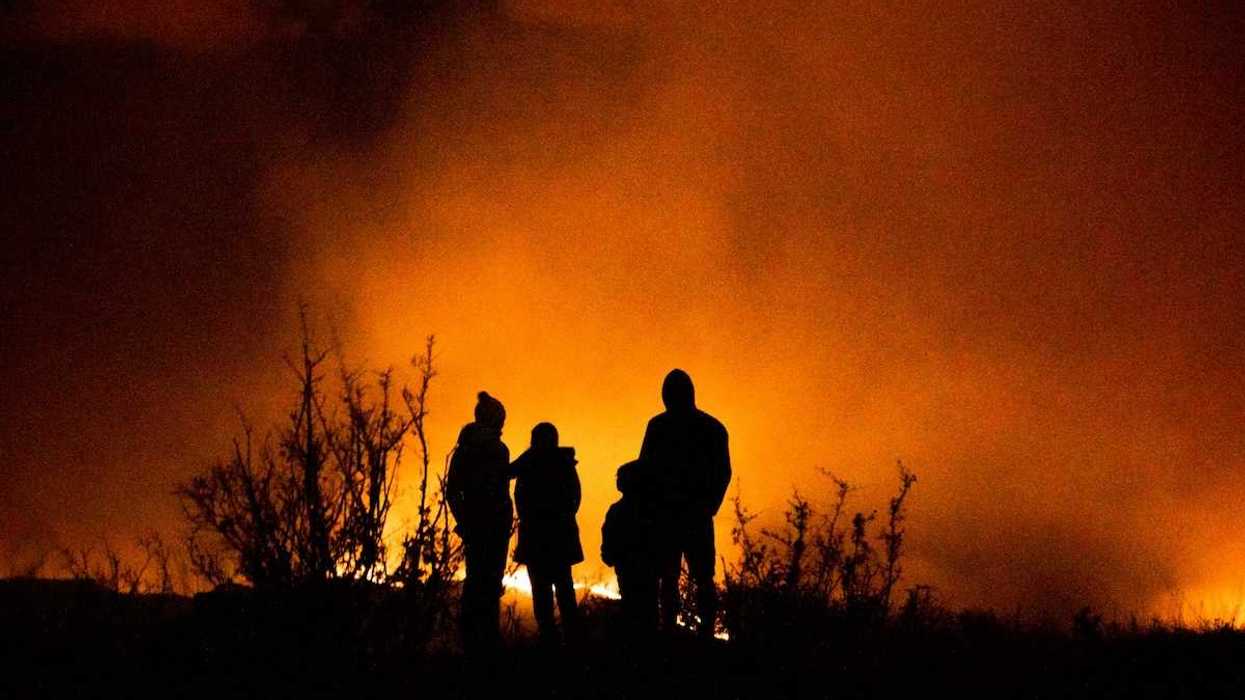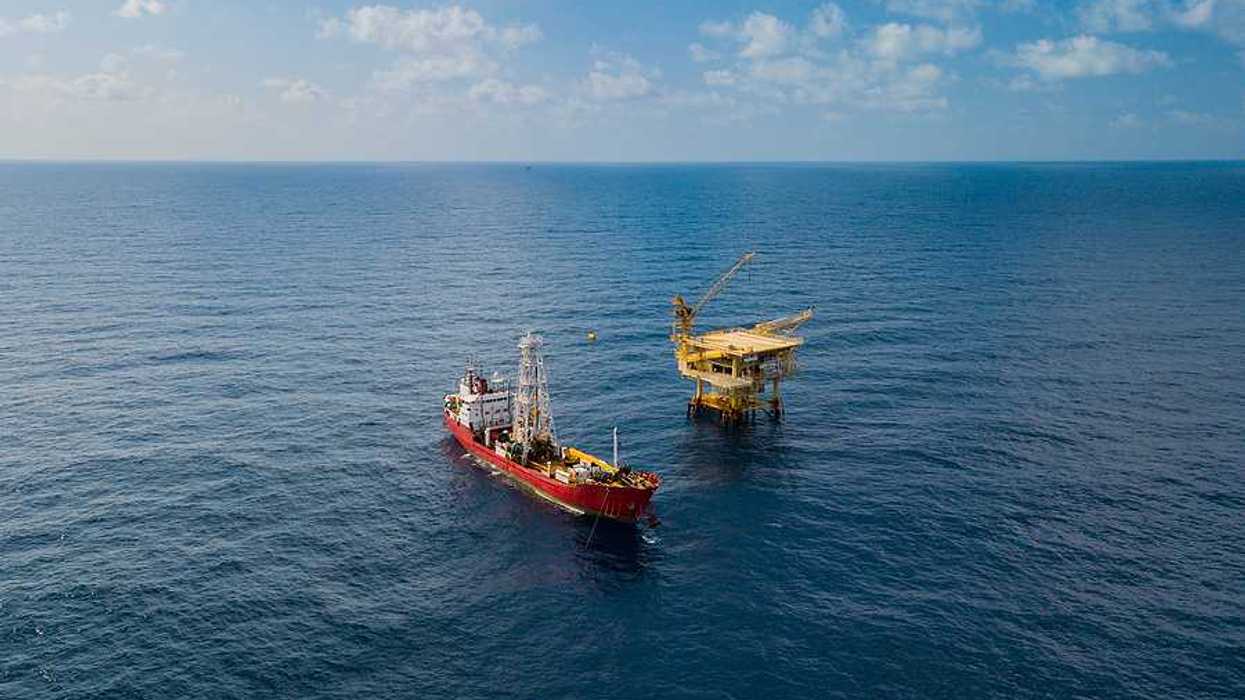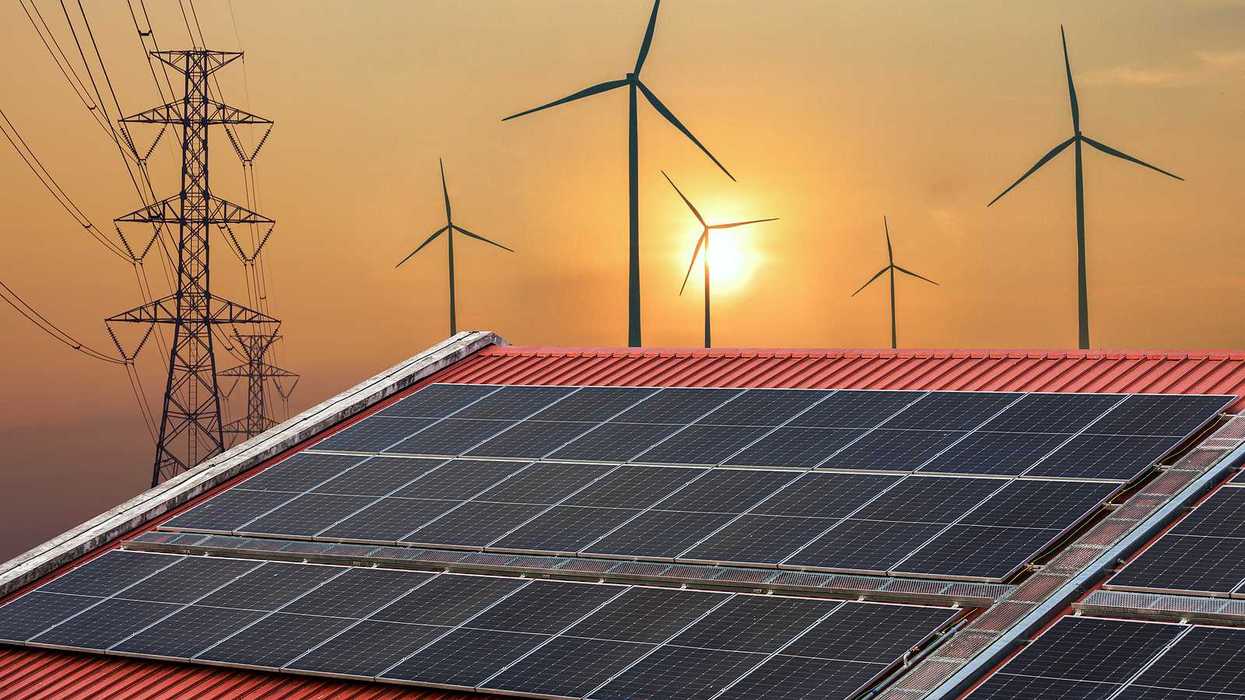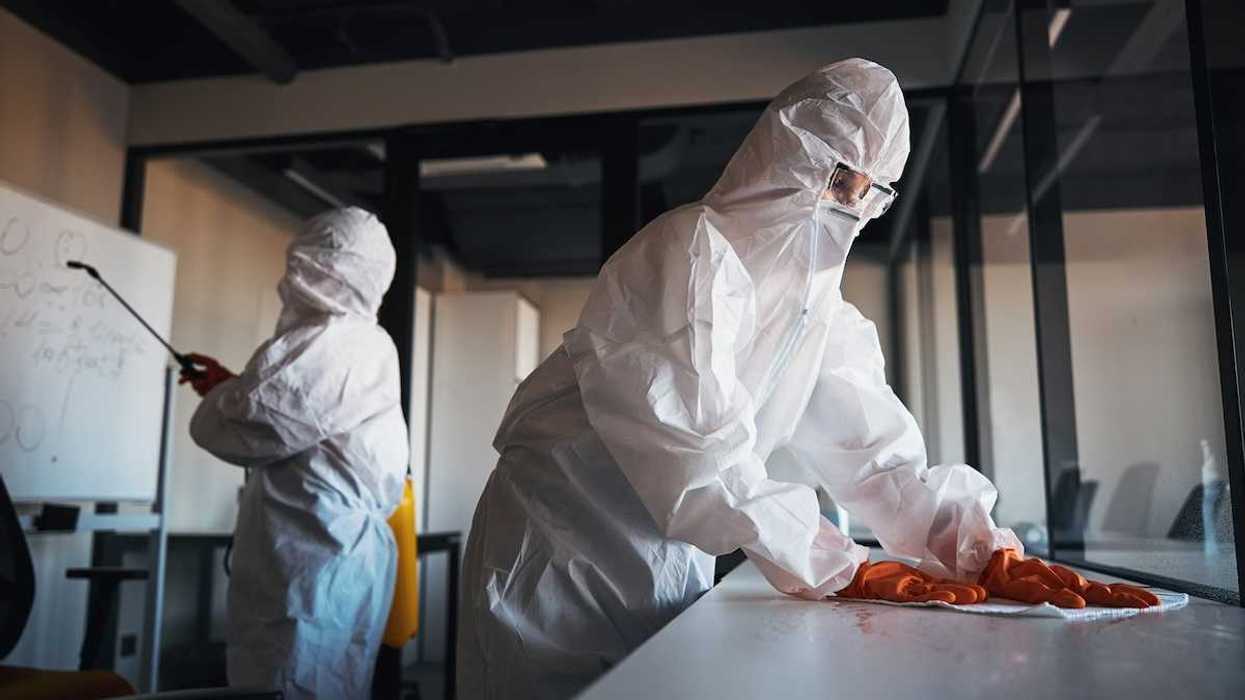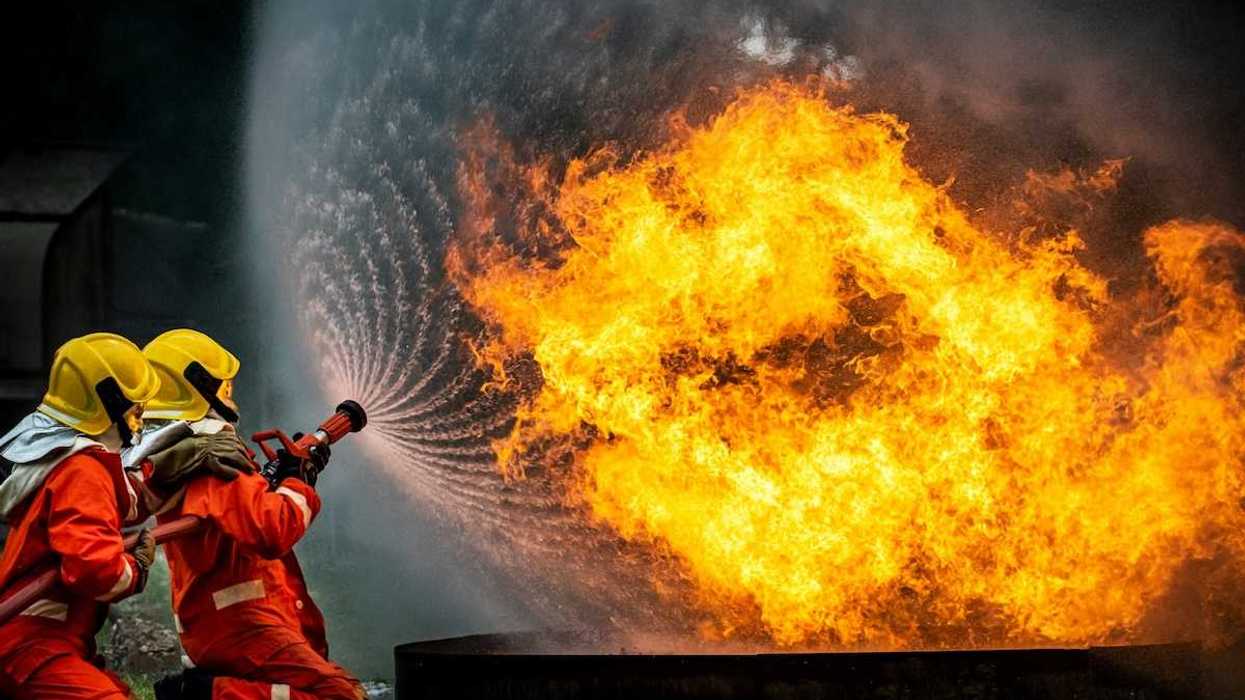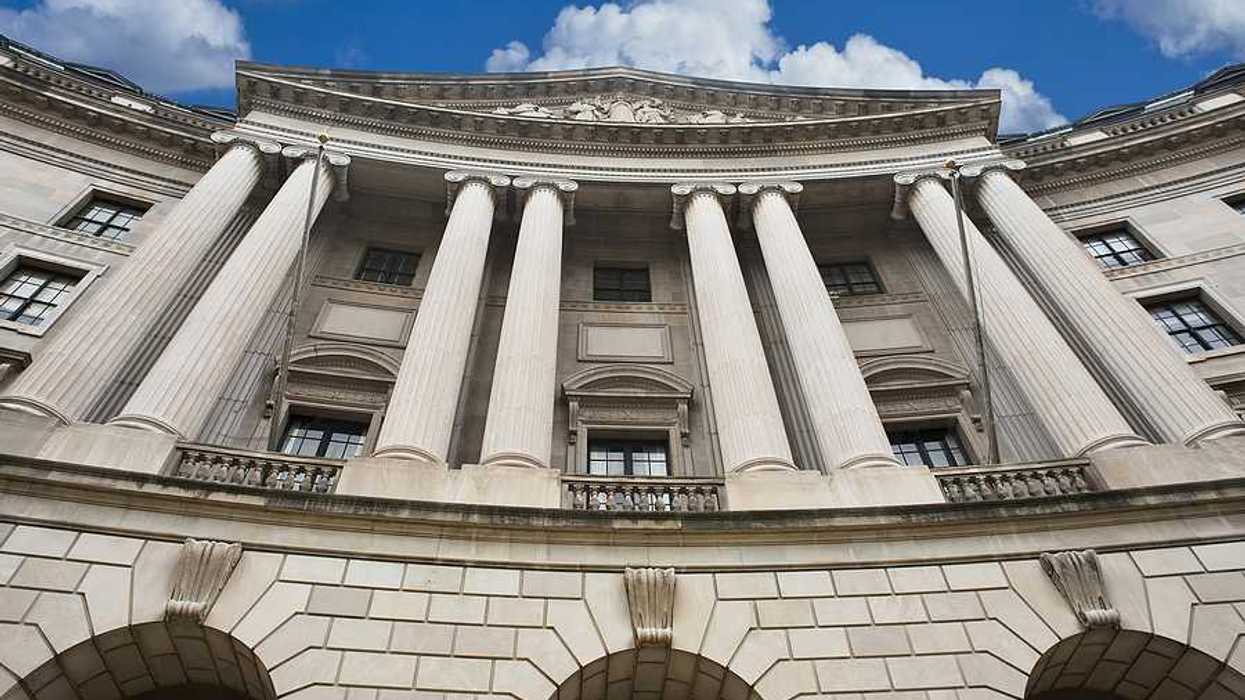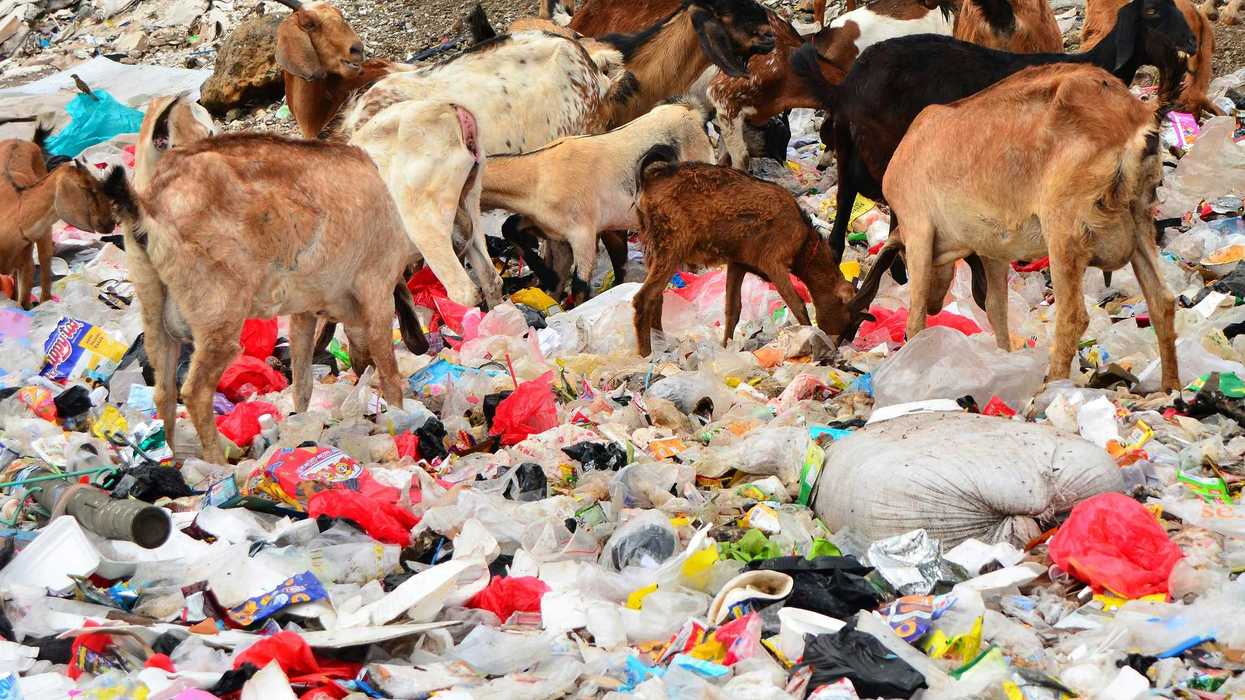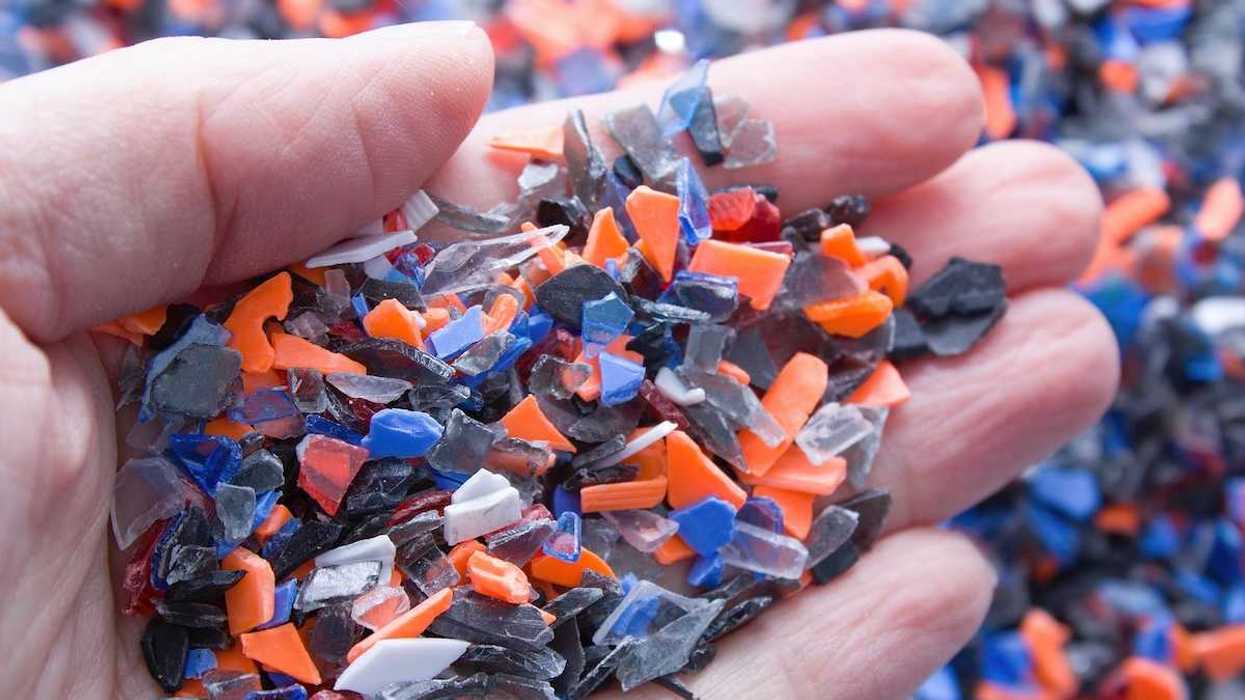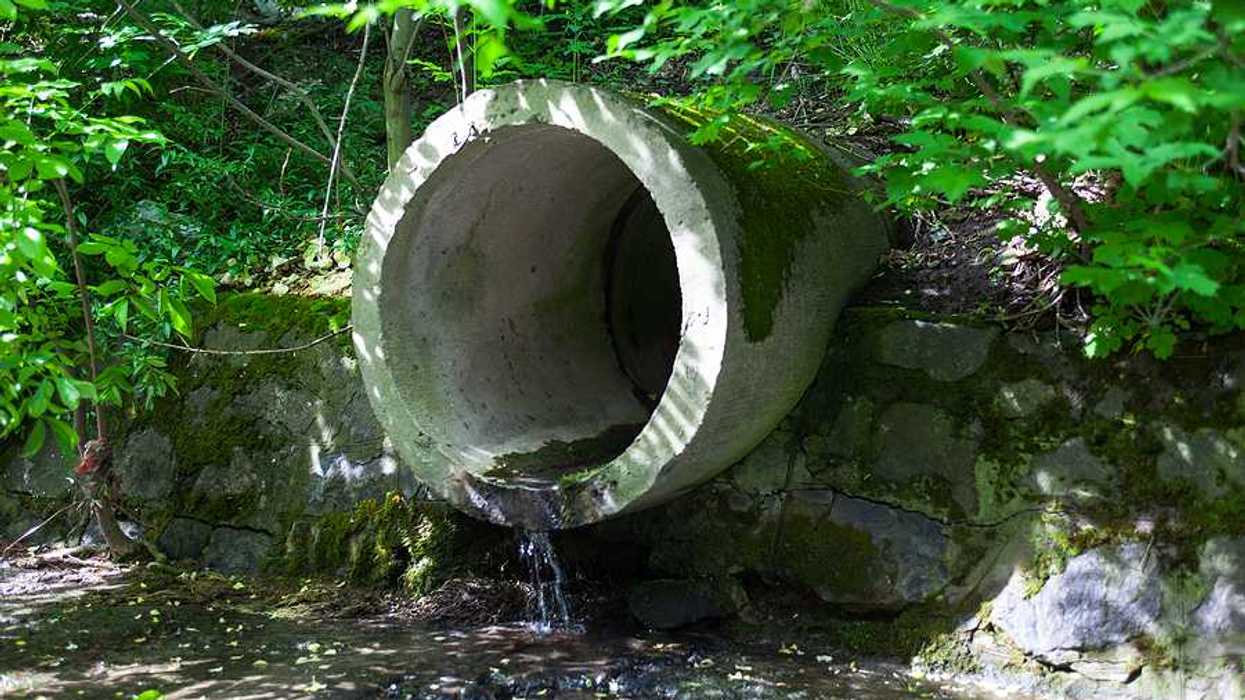The U.S. Environmental Protection Agency is firing or reassigning children’s health experts whose work includes protecting vulnerable communities, escalating a broader rollback of environmental justice programs.
Lisa Friedman reports for The New York Times.
In short:
- EPA is eliminating or reassigning 455 positions, including children's health coordinators who focus on preventing environmental hazards in schools and communities.
- Experts warn the move could gut decades of bipartisan support for children's environmental health protections, putting young bodies — especially those in poor and minority neighborhoods — at greater risk.
- EPA Administrator Lee Zeldin claims focusing on vulnerable communities constitutes “forced discrimination,” as the agency shutters its Office of Environmental Justice and External Civil Rights.
Key Quote:
“This is really an unprecedented attack on the health of our children.”
— Jeanne Briskin, retired EPA employee who worked at the Office of Children’s Health Protection
Why this matters:
Children’s developing bodies are uniquely vulnerable to pollutants, and losing experts dedicated to their protection could fuel long-term health problems like asthma and heart disease, especially in communities already bearing the heaviest pollution burdens. At a time when environmental threats — from wildfire smoke to tainted drinking water — are growing challenges, the EPA is turning away from the smallest and most vulnerable.
Read more: America, this is what environmental justice is — and what we all stand to lose



